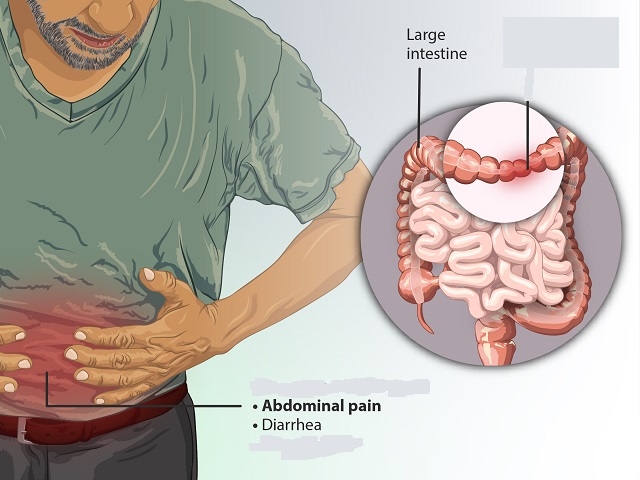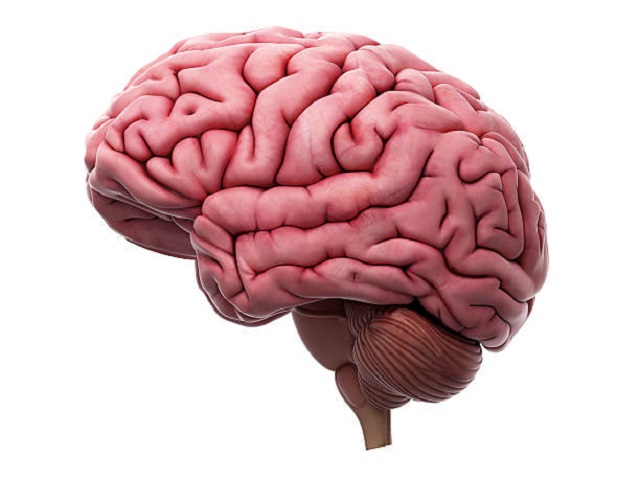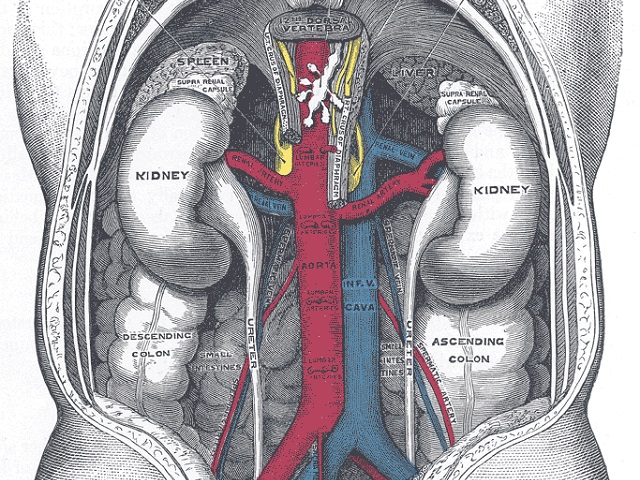10 Signs You May Have Crohn's Disease -- Symptoms, Causes, Effects, Treatment and Prevention
Crohn's disease is a chronic inflammatory bowel disease (IBD) that primarily affects the digestive tract. It causes inflammation and damage to the lining of the gastrointestinal tract, leading to various symptoms and complications.
Symptoms of Crohn's Disease
The symptoms of Crohn's disease can vary depending on the location and severity of inflammation. Common symptoms include:
- Abdominal pain and cramping
- Diarrhea, sometimes with blood or mucus
- Fatigue
- Unintended weight loss
- Reduced appetite
- Rectal bleeding
- Fever
- Joint pain
- Skin problems
- Eye inflammation
Diagnosis of Crohn's Disease
The diagnosis of Crohn's disease may involve:
- Medical history and physical examination
- Blood tests to check for signs of inflammation, anemia, or nutritional deficiencies
- Imaging tests, such as endoscopy, colonoscopy, or imaging scans (e.g., CT scan, MRI), to visualize the digestive tract and assess the extent of inflammation
- Biopsy, where a small tissue sample is taken during endoscopy or colonoscopy to examine under a microscope and confirm the diagnosis
Causes of Crohn's Disease
The exact cause of Crohn's disease is unknown, but it is believed to involve a combination of genetic, environmental, and immune system factors. Possible causes include:
- Genetics: People with a family history of Crohn's disease are at a higher risk of developing the condition.
- Immune system dysfunction: An abnormal immune response may trigger inflammation in the digestive tract.
- Environmental factors: Certain environmental factors, such as diet, smoking, and exposure to certain infections, may play a role in the development of Crohn's disease.
Effects of Crohn's Disease
Crohn's disease can have various effects on the body, including:
- Inflammation and damage to the digestive tract: Chronic inflammation can lead to ulcers, strictures (narrowing of the intestinal passages), and fistulas (abnormal connections between organs or tissues).
- Nutritional deficiencies: Poor absorption of nutrients due to inflammation and reduced appetite can lead to malnutrition and deficiencies in vitamins and minerals.
- Complications: Crohn's disease can lead to complications such as intestinal blockages, abscesses, fistulas, and increased risk of colon cancer.
- Impact on quality of life: The symptoms and unpredictable nature of Crohn's disease can significantly impact daily life, including work, social activities, and emotional well-being.
Treatment and Prevention of Crohn's Disease
Treatment of Crohn's disease aims to reduce inflammation, relieve symptoms, and prevent complications. Treatment options may include:
- Medications: Anti-inflammatory drugs, immune system suppressors, and other medications may be prescribed to manage inflammation and symptoms.
- Nutritional therapy: In some cases, a special liquid diet or nutritional supplements may be used to improve nutrition and reduce inflammation.
- Surgery: In severe cases or when complications arise, surgery may be necessary to remove the damaged portion of the digestive tract or treat complications.
- Lifestyle changes: Managing stress, adopting a healthy diet, avoiding trigger foods, staying hydrated, and quitting smoking may help reduce symptoms and maintain remission.
- Regular medical care: Regular check-ups and monitoring are important for managing Crohn's disease and adjusting treatment as needed.
There is no known way to prevent Crohn's disease, but certain lifestyle factors such as avoiding smoking and maintaining a healthy diet may help reduce the risk or severity of flare-ups.
References:
Crohn's & Colitis Foundation. (n.d.). About Crohn's Disease. Retrieved from https://www.crohnscolitisfoundation.org/what-is-crohns-disease
Mayo Clinic. (2021). Crohn's disease. Retrieved from https://www.mayoclinic.org/diseases-conditions/crohns-disease/symptoms-causes/syc-20353304
National Institute of Diabetes and Digestive and Kidney Diseases. (2021). Crohn's Disease. Retrieved from https://www.niddk.nih.gov/health-information/digestive-diseases/crohns-disease


















